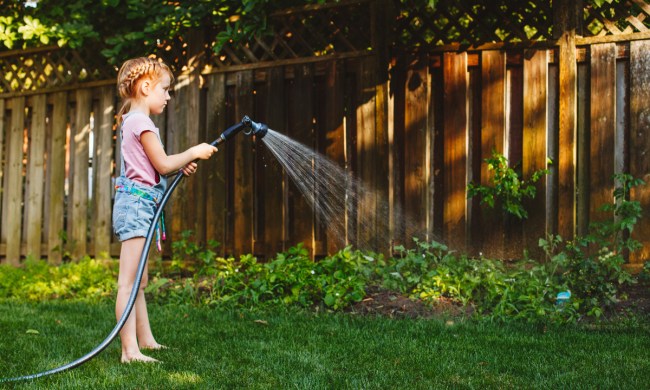Puberty has a powerful impact on a girl’s life. This stage brings many new experiences that begin for most girls around age 11. As a result, girls become physically mature between the ages of 14 and 16. Researchers followed nearly 500 teens from ages 13 to 18 to examine their mood changes. They found that over a five-day period, teenagers used online diaries multiple times to report their daily happiness, anger, sadness, and anxiety levels.
So, how do parents cope with all the changes their teenage daughter is experiencing? One key piece of advice is to remain calm as your teenage girl goes through a variety of emotions. Don’t take things personally! The main thing to remember is that this is just a phase, so take a deep breath, count to 10, and ride it out.
Communication is key
Teens are exploring boundaries and trying to understand the changes their bodies are going through. It’s OK if you need to take a break and walk away rather than get into an argument with your child. During these transitional years, a healthy parent-child relationship is more important than ever.
Below are some useful steps on how to survive your daughter’s teenage years while being the great parent she'll need:
Step 1: Communication.
Nothing goes unresolved when there is a great connection between parents and their teen girls. Good communication helps decrease your teen's sexual activity, risk-taking behaviors, and substance abuse, and at the same time increases and improves your daughter’s mental health.
Don’t catastrophize your teenage girl. She needs a calming, rational presence that will create a safe space for her to figure things out. If you overreact, it will leave your teen more anxious and confused — and they are less likely to confide in you again. Listen more and talk less.

Step 2: Create expectations and limits.
Particularly between the ages of 12-15, some students do worse and perform differently at school. This is when you need to set expectations. Tell your child the behavior you expect of them and what the consequences of disobedience will be. They are going to push the boundaries, so be ready to explain your rules. Try to strike a balance between setting limits and allowing your daughter to forge her own path. Remind your teenager that you are there to support them, listen to them, and guide them.
Step 3: Know her interests.
Most every parent dreams of their child becoming a doctor, lawyer, engineer, or some other kind of professional. But you need to consider what your child is interested in. Explore what her hobbies are and what she is passionate about. Try to engage in a hobby or activity with her, and always be supportive of her dreams. One of the best gifts you can give your daughter is helping her discover who she is as a person.
Step 4: Health talk and hygiene.
Teens generally won’t stay focused for long conversations, so you need to keep this short. Go over the basics for when a girl hits puberty: Daily showering, washing her hair, using deodorant, wearing clean clothes every day, and maintaining good oral hygiene. You also need to discuss her menstrual cycle and breast development. Be sure that if you’re not talking to your teen about these things, their friends will!
Step 5: Avoid nagging.
Nagging comes from wanting your child to not make mistakes. But "teenagerhood" is all about learning through trial and error and making mistakes. Keeping a messy room, not studying for a test, and forgetting to do chores are common for teens -- and they must learn to face the consequences.
Nagging does nothing more than stress out both you and your teenage daughter. More so, it doesn't teach them the value of taking their responsibilities more seriously. Giving them one reminder is enough. Train your child on how to make good choices and think independently. You just need to start a conversation on solid ground. The main thing is to get them thinking and talking.
Step 6: Treat your teen girl with respect.
While it's important to teach teens to respect you as a parent, you must also learn to treat them with respect. Acknowledge your differences without judging and don't discard her opinion. Teenagers might act like they’re too cool to care about what their parents think, but the truth is they still want your approval. Look for opportunities to be positive and encouraging, especially if your relationship is feeling strained. Most people enjoy talking about themselves -- so listen more and make them feel important.

Step 7: Privacy.
This is a hard one for many parents, but you need to respect your teen’s privacy. Don’t barge into her room uninvited. Allow her to have private conversations with friends without quizzing her for details. This is a time when your daughter is trying to become more independent — it doesn’t mean she is trying to hide anything from you. However, if you should see signs of drugs or deep depression in your teenager, consult a doctor.
Following these tips for engaging and interacting with your teenage daughter should help you both adjust to this new phase in life. Remember, this too shall pass!



